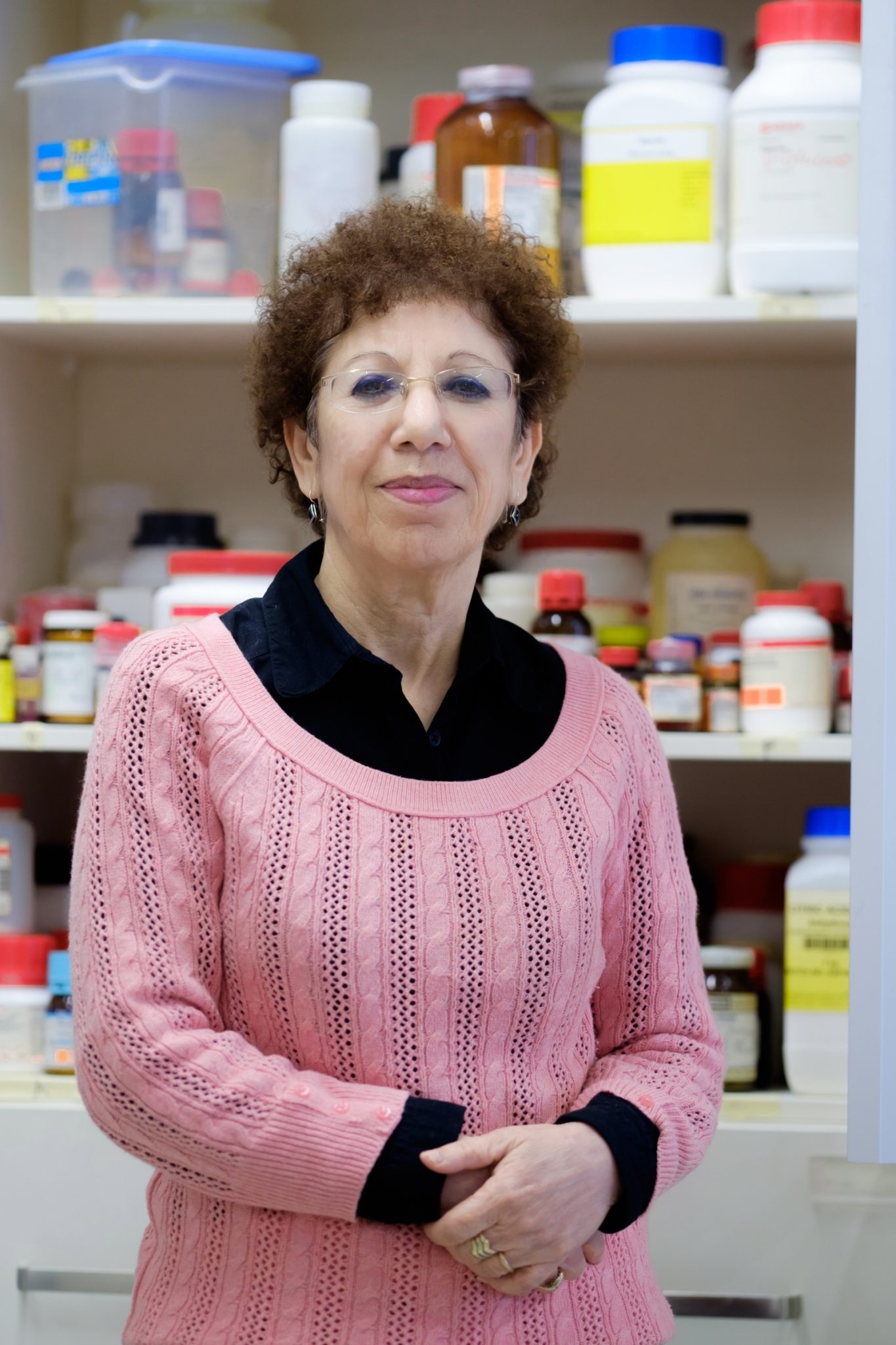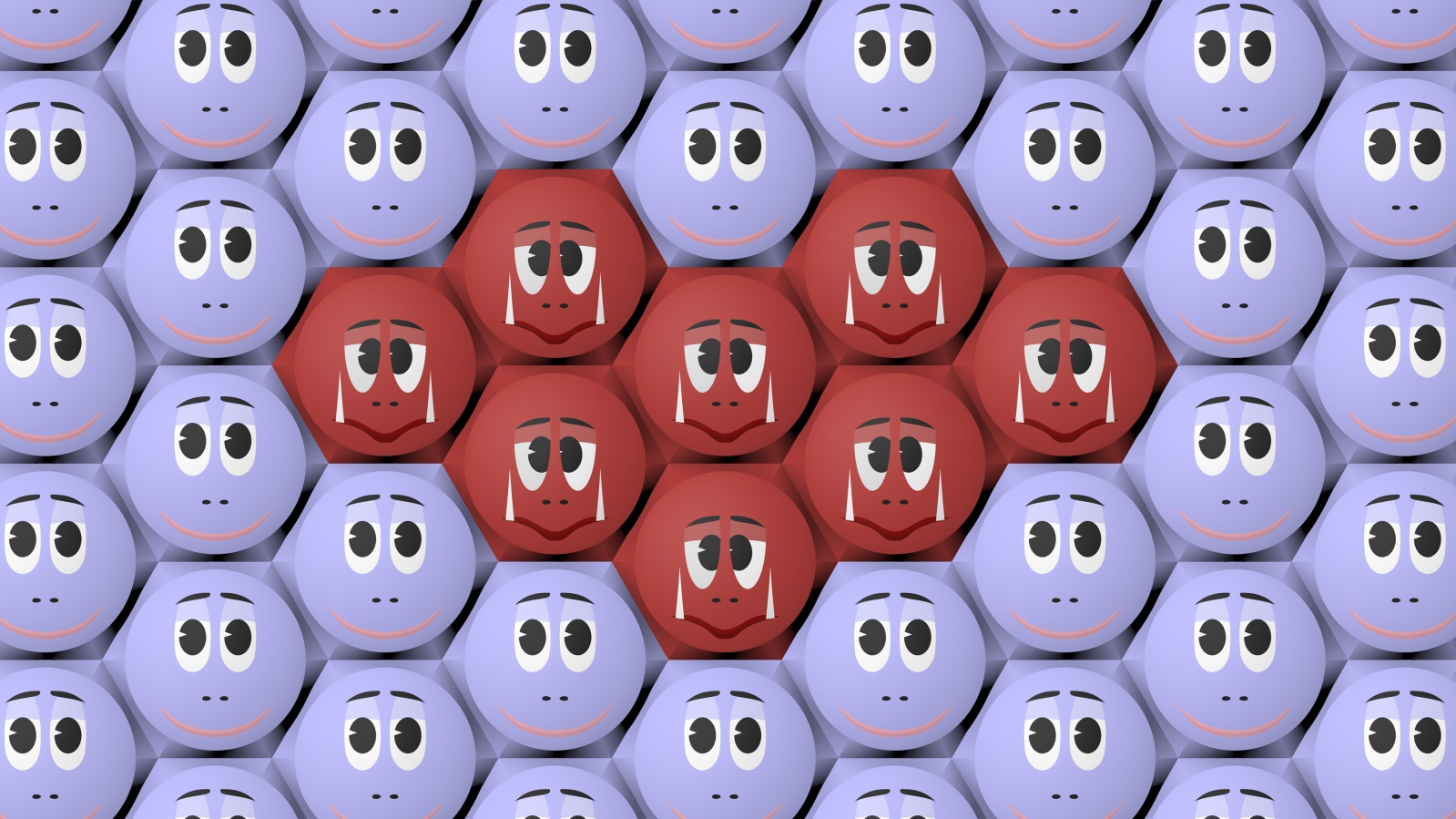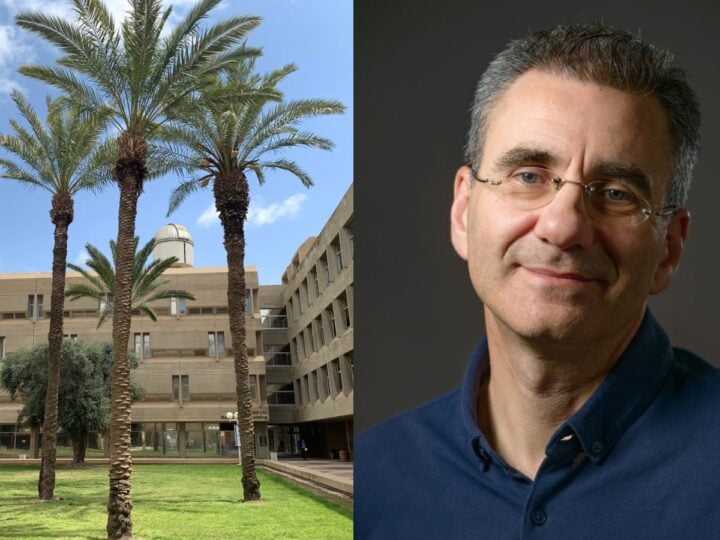A novel molecule that not only inhibits growth of cancer cells but also has the ability to reprogram the cancer cells back to normal-like cells is patented and ready to be further developed with a commercial partner, according to BGN Technologies (the tech-transfer company of Ben-Gurion University of the Negev) and the National Institute for Biotechnology, a research institute at the university.
The potentially groundbreaking approach, which came out of a research group led by BGU Prof. Varda Shoshan-Barmatz, is based on preventing the expression of VDAC1, a protein that is highly overexpressed in many solid and non-solid tumors.

VDAC1 serves as the gatekeeper of the mitochondria, organelles that control cell metabolism, and is therefore crucial for supplying the high energy demands of malignant cells.
Shoshan-Barmatz showed that silencing VDAC1 expression using the siRNA method leads to inhibition of cancer cells (but not healthy cells), both in vitro and in mouse models of glioblastoma, lung cancer and triple negative breast cancer.
Treating cancer cells with VDAC1-specific siRNA also induces metabolic rewiring of the cancer cells, reversing their oncogenic properties and prompting normal cell differentiation.
“Although still in early stages, we are excited with our results that demonstrate the potential of this novel molecule for cancer treatment,” said Shoshan-Barmatz.
The paper revealing the results of the studies was published in July 2017 in the journal Neuro-Oncology.
Dr. Ora Horovitz, senior vice president of business development at BGN Technologies, said, “We are now seeking partners for the further development and advancement of this promising patented treatment towards the clinic in the hope that it will lead to a novel path for cancer treatment.”
Fighting for Israel's truth
We cover what makes life in Israel so special — it's people. A non-profit organization, ISRAEL21c's team of journalists are committed to telling stories that humanize Israelis and show their positive impact on our world. You can bring these stories to life by making a donation of $6/month.








